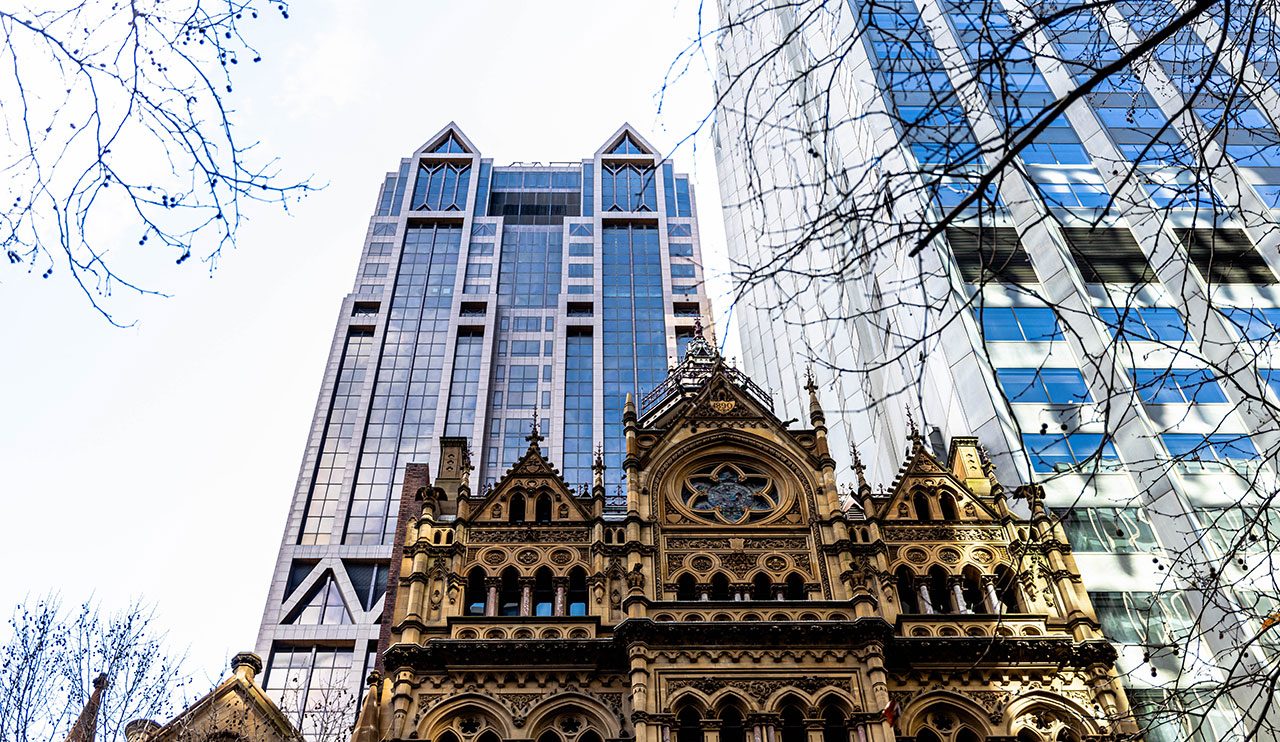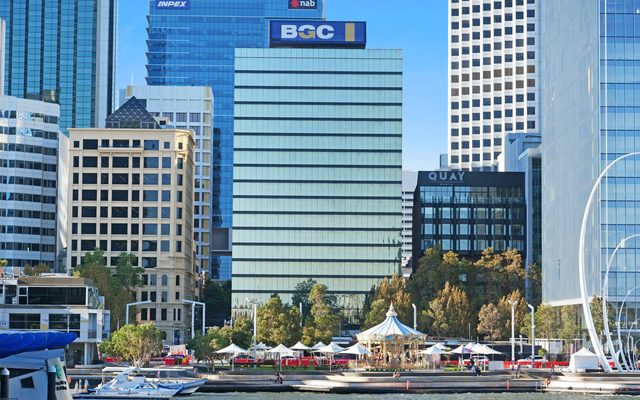This article is from the Australian Property Journal archive
GPT’s economic growth has been limited by the impacts of interest rate hikes over the six months to 30 June 2023, with the group’s portfolio still holding strong although analysts warn of further headwinds due to the group’s higher exposure to Parramatta and Melbourne office markets.
GPT has posted a net loss after tax for the half year period of $1.1 million, down significantly from its profits in the same period last year of $529.7 million.
This comes after GPT’s investment properties saw valuation declines of $341.3 million.
FFO was at $316.7 million, down more moderately from the previous corresponding period’s $326.5 million. With FFO per security at 16.53 cents, down from 17.04 cents.
The group posted an interim distribution of 12.5 cents per security, down from the pcp’s 12.7 cents per security.
While net tangible assets per security were at $5.85, down from $5.98 in the pcp.
At the close of the period, GPT had $32.2 billion in assets under management, including a balance sheet portfolio valued at $15.9 billion. With total portfolio occupancy of the group’s diversified portfolio at 97.9%.
Ratings agency Moody’s Investors Service said the results are credit negative.
“While the group benefits from the diversification and quality of its asset portfolio, GPT’s office segment performance was below expectations, with a reduction in funds from operations and occupancy remaining below 90%,” vice president Saranga Ranasinghe said.
GPT’s retail portfolio saw a net revaluation decline of $103.7 million or 1.8% in the six months to June 2023. With a weighted average capitalisation rate of 5.23% at 30 June 2023 up from 5.03% in December 2022.
While retail portfolio occupancy was up from 99.4% to 99.5% over six month period, with comparable income growth of 6.4%.
Leasing activity in this portfolio saw 343 lease deals completed over the period with an annual rental increase of 4.8% and an average lease term of 5.2 years.
“Our retail portfolio has delivered strong performance during the period. There has been a strong return to in-store retailing post the pandemic and occupancy across the retail portfolio remains high,” said Bob Johnston, CEO at GPT Group.
“While sales growth has moderated recently, retail sales across the portfolio are well above the prior comparable period and we continue to see tenants seeking to expand their store networks in quality assets.”
In the group’s office portfolio, there was a net revaluation decline of $241.8 million or 4.0% in the six month period, with WACR increase from 5.03% to 5.24%.
Office portfolio occupancy was stable at 88.5%, with a WALE of 4.8 years and comparable income growth of -3.4%.
“The office leasing environment remains challenging with hybrid and remote working impacting tenant demand,” added Johnston.
“We continue to see a flight to quality as tenants seek out workplaces with quality fit-outs and amenity, and this trend has supported GPT’s office leasing outcomes during the first half with more than 58,000 square metres of leasing being achieved.”
GPT’s logistics portfolio recorded a $3.2 million or 0.1% revaluation in the six month period, with a WACR of 4.78%, up from 4.40% in December 2022.
Logistics portfolio occupancy was stable at 99.8%, with a WALE of 5.7% years and comparable income growth of 5.1%.
“Tenant demand for high quality logistics assets remains strong, driving positive leasing spreads and high occupancy for the group’s logistics portfolio,” said Johnston.
“During the period, the group completed three developments, and a further two projects are due to complete in the second half of the year. While valuation metrics have softened for logistics assets this has been largely offset by increases in market rents.” Johnston concluded.
Ranasinghe said despite the challenging conditions for the office segment, the retail segment recovered strongly and the logistics segment continued to benefit from robust demand.
“We expect GPT’s office segment to continue to face headwinds over the next 12-18 months.
“When compared with other rated REITs with office exposures, GPT’s has a higher exposure to Parramatta and Melbourne, which are weaker than the Sydney office market. Despite around 15% of its leases expiring between now and December 2024, the group expects an improvement in occupancy levels to around 90% by the end of 2023.
“GPT’s overall interest cost will continue to increase and weaken interest coverage ratios. However, we still expect GPT to maintain headroom against our rating tolerance levels and benefit from the diversification and quality of its assets.” Ranasinghe said.
Gearing was with range at 28.1%, with available liquidity at $1.5 billion, a weighted average debt term of 6.1-years and a 4.1% cost of debt for the period.
GPT expects to deliver 2023 FFO of approximately 31.3 cents per security and a distribution of 25.0 cents per security for the full year.




